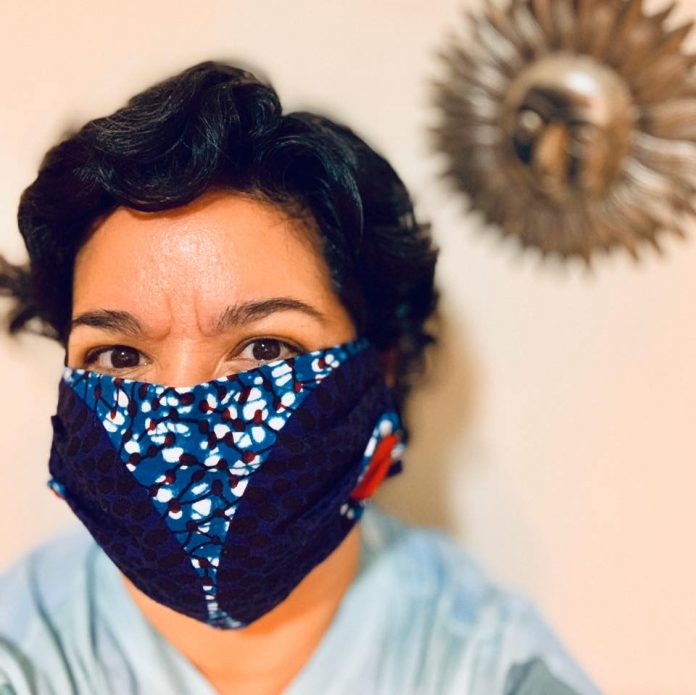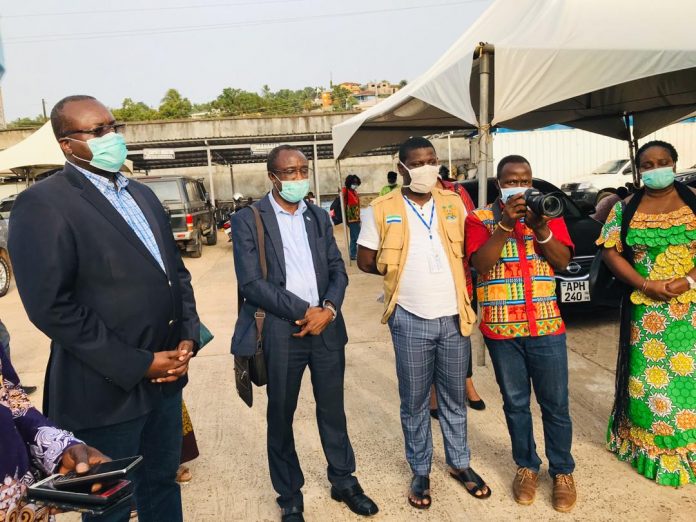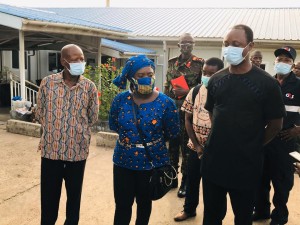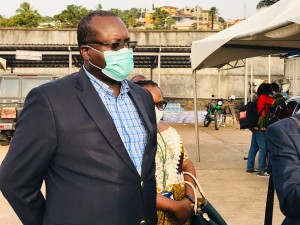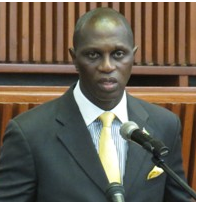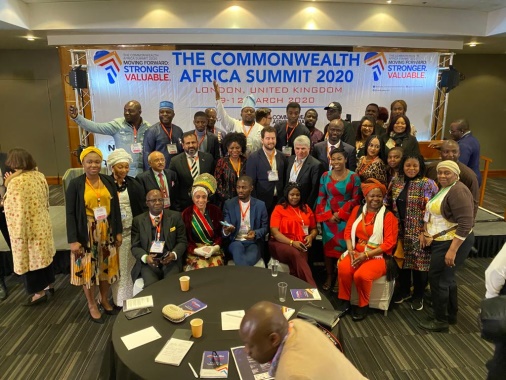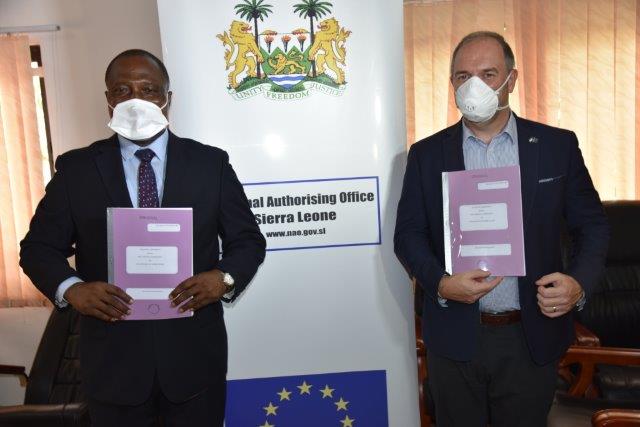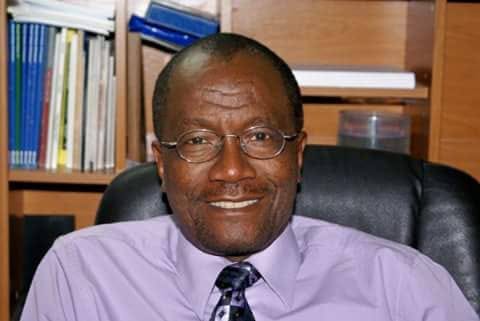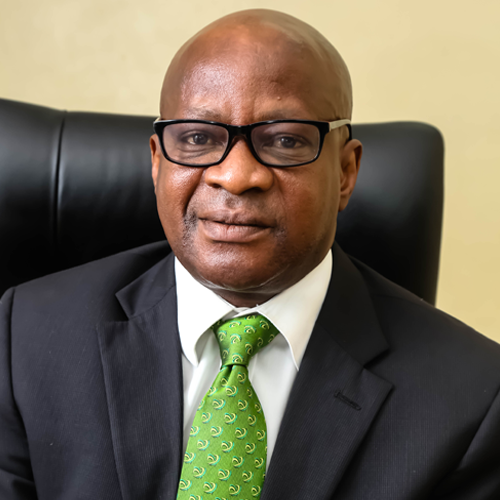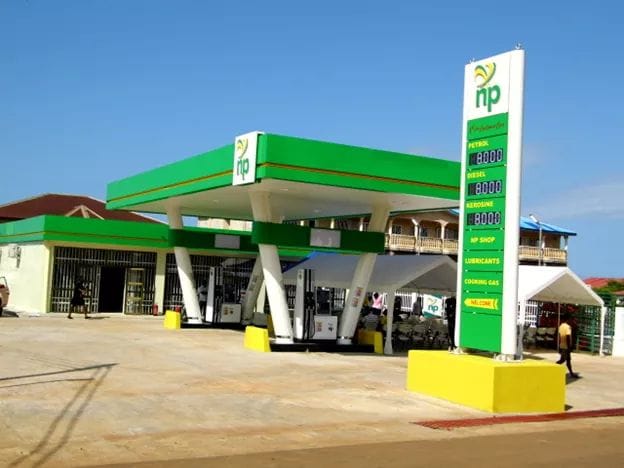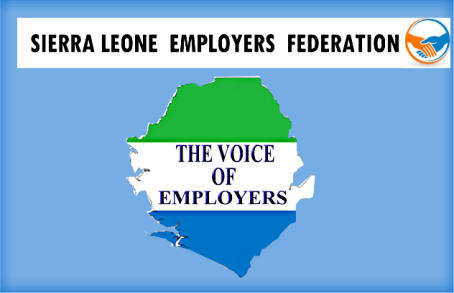U.S. Health Assistance Op-Ed
By U.S. Ambassador Maria E. Brewer
The story of U.S. leadership in the global battle against COVID-19 is the continuation of a longer story of global health assistance around the world. These efforts demonstrate a decades-long foundation of American expertise, generosity, and planning unmatched in history.
The United States provides aid because we believe it’s the right thing to do. We also do it because pandemics don’t respect national borders. If we can help counties contain outbreaks, we’ll save lives everywhere.
Here in Sierra Leone, the U.S. supports the current threat by strengthening surveillance, diagnostic capacity, case management, and supply chain systems, as well as contributing drugs, equipment and vehicles. Our U.S. President’s Malaria Initiative plays a key role in all of these areas, and will be pivotal in helping to mitigate the challenge of combating COVID-19 in the context of Sierra Leone, as will the Neglected Tropical Disease program that we have conducted in Sierra Leone for the past 10 years.
Our generosity and pragmatism explains why the United States was one of the first countries to help to the Chinese people as soon as reports emerged from Wuhan of another outbreak, offering immediate technical assistance to the Chinese Centers for Disease Control, and then, in
February, transporting nearly 18 tons of donated medical supplies to Wuhan. We also pledged $100 million in assistance to countries to fight what would become a pandemic – including an offer to China, which was declined.
Our response now far surpasses that initial pledge. Since the outbreak of COVID-19, the U.S. government has committed nearly $500 million in assistance to date. This funding will improve public health education, protect healthcare facilities, and increase laboratory, disease-surveillance, and rapid-response capacity in more than 60 of the world’s most at risk countries– all in an effort to help contain outbreaks before they reach our shores.
As the largest funder of WHO since its founding, America’s unsurpassed contributions are also felt through the many international organizations fighting COVID-19 on the front lines.
Our country continues to be the single largest health and humanitarian donor for both long-term development and capacity building efforts across the globe, funding nearly 40% of the world’s global health assistance programs, adding up to $140 billion in investments in the past 20 years – five times more than the next largest donor. Since 2009, American taxpayers have generously funded more than $100 billion in health assistance and nearly $70 billion in humanitarian assistance globally.
Sierra Leone’s health system benefits from the foundation created by the $600 million contribution from the U.S. for response and recovery during and subsequent to the Ebola crisis. This investment improved water and sanitation and provided training for more than 500 health professionals at the primary care level. In addition, we have graduated 176 epidemiologists and more than 180 Community Health Officers have been trained in management and leadership skills.
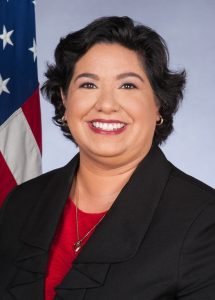
The U.S. Government helped establish Sierra Leone’s Emergency Operations Centre, which is currently being used to coordinate COVID-19 preparedness and response. We also supported the Public Health Laboratory Rapid Response teams for the testing of Ebola and, now, COVID-19.
Our Global Health Security Agenda initiative serves as a platform to detect, prevent and respond to infectious diseases such as COVID-19. U.S. investments have provided significant support for establishment and maintenance of the electronic Integrated Disease Surveillance and Response system, making Sierra Leone the first country in the region to have electronic surveillance at health facility level. Additional ongoing U.S. support for establishment of Sierra Leone’s electronic Case Based Disease Surveillance system supports real-time reporting of individual cases of priority diseases, including COVID-19.
Further, U.S. funding helped establish the Epidemiology and Surveillance Unit at the Ministry of Agriculture and Forestry, and supported the development of the country’s National Action Plan for Health Security. We have renovated and equipped entire laboratories in Sierra Leone, including the only Central Veterinary Lab in the country, which is state-of-the-art.
We continue to conduct extensive training of diverse cadres of health personnel for many different tasks. To cite just a few examples —
- Over 200 Sierra Leonean Public Health Officers across all 16 districts have been trained in field epidemiology through the Field Epidemiology Training Program, gaining key skills in outbreak detection, investigation and control at the health facilities.
- Forty-three IPC Officers have been trained in infection prevention and control practices and are providing leadership at the national and district level for COVID-19 coordination teams.
U.S. implementing partners have developed risk communication messages and printed information, education, and communication materials on COVID-19 in Sierra Leone. The U.S. President’s Emergency Plan for AIDS Relief (PEPFAR), which has provided HIV/AIDS support to Sierra Leone since 2016, has agreed to allow immediate funding for efforts to address COVID-19.
In addition, the U.S. Department of Defense has worked with Sierra Leone’s Office of National Security Disaster Management Department for general emergency preparedness through training on policy and planning. We have also partnered with RSLAF to strengthen the logistics capacity, which is currently playing a role in RSLAF’s border deployments to respond to COVID-19.
Our help is much more than money and supplies. It’s the experts we have deployed worldwide, and those still conducting tutorials today via teleconference. It’s the doctors and public-health professionals trained, thanks to U.S. money and educational institutions. And it’s the supply chains that we keep open and moving for U.S. companies producing and distributing high-quality critical medical supplies around the world.
As we have time and time again, the United States will aid others during their time of greatest need. The COVID-19 pandemic is no different. We will continue to help countries build resilient health care systems that can prevent, detect, and respond to infectious disease outbreaks. Just as the U.S. has made the world more healthy, peaceful, and prosperous for generations, so will we lead in defeating our shared pandemic enemy and rising stronger in its wake.

